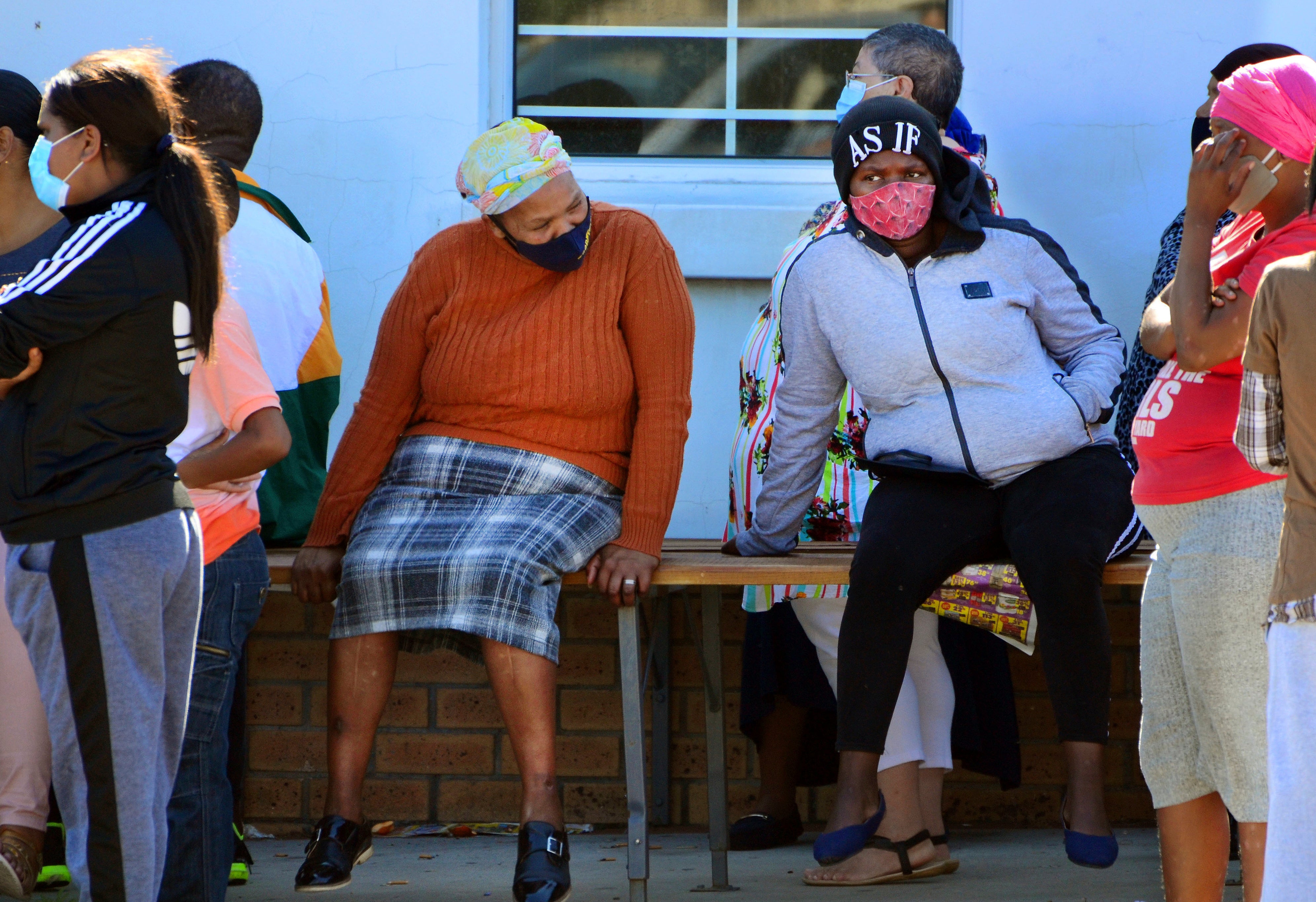South Africa begins return to tougher lockdown measures
South Africa has begun a return to tougher lockdown restrictions for COVID-19 hotspots as it experiences a resurgence of new coronavirus infections, with more than 4,400 new cases in the past 24 hours

Your support helps us to tell the story
From reproductive rights to climate change to Big Tech, The Independent is on the ground when the story is developing. Whether it's investigating the financials of Elon Musk's pro-Trump PAC or producing our latest documentary, 'The A Word', which shines a light on the American women fighting for reproductive rights, we know how important it is to parse out the facts from the messaging.
At such a critical moment in US history, we need reporters on the ground. Your donation allows us to keep sending journalists to speak to both sides of the story.
The Independent is trusted by Americans across the entire political spectrum. And unlike many other quality news outlets, we choose not to lock Americans out of our reporting and analysis with paywalls. We believe quality journalism should be available to everyone, paid for by those who can afford it.
Your support makes all the difference.South Africa has begun a return to tougher lockdown restrictions for COVID-19 hotspots as it experiences a resurgence of new coronavirus infections, with more than 4,400 new cases in the past 24 hours.
President Cyril Ramaphosa on Thursday announced tougher restrictions for the city of Nelson Mandela Bay including limited days and hours for the sale of alcohol, a ban on gatherings of more than 100 people, a nighttime curfew and a ban on alcohol consumption in public spaces.
Alcohol-related trauma incidents like vehicle accidents have been blamed for diverting health resources from COVID-19.
Ramaphosa warned that South Africa faces a resurgence of the virus as the holiday season approaches, saying that people are no longer strictly adhering to preventative measures like wearing masks and social distancing.
“There is now clear evidence of a resurgence of infections in parts of our own country, which, if not confronted decisively and directly, could lead to great suffering and death," he said.
Ramaphosa said the healthcare system in Nelson Mandela Bay could be overwhelmed if the government didn't intervene to prevent the spread of the virus.
“In determining these restrictions, we have sought to take those steps which are absolutely necessary to save lives while limiting disruptions to the economy,” he said.
South Africa has had more than 800,000 infections since the outbreak began
The country has seen an increase from about 1,500 average daily infections in the first week of November to nearly 3,000 daily infections by the final week.